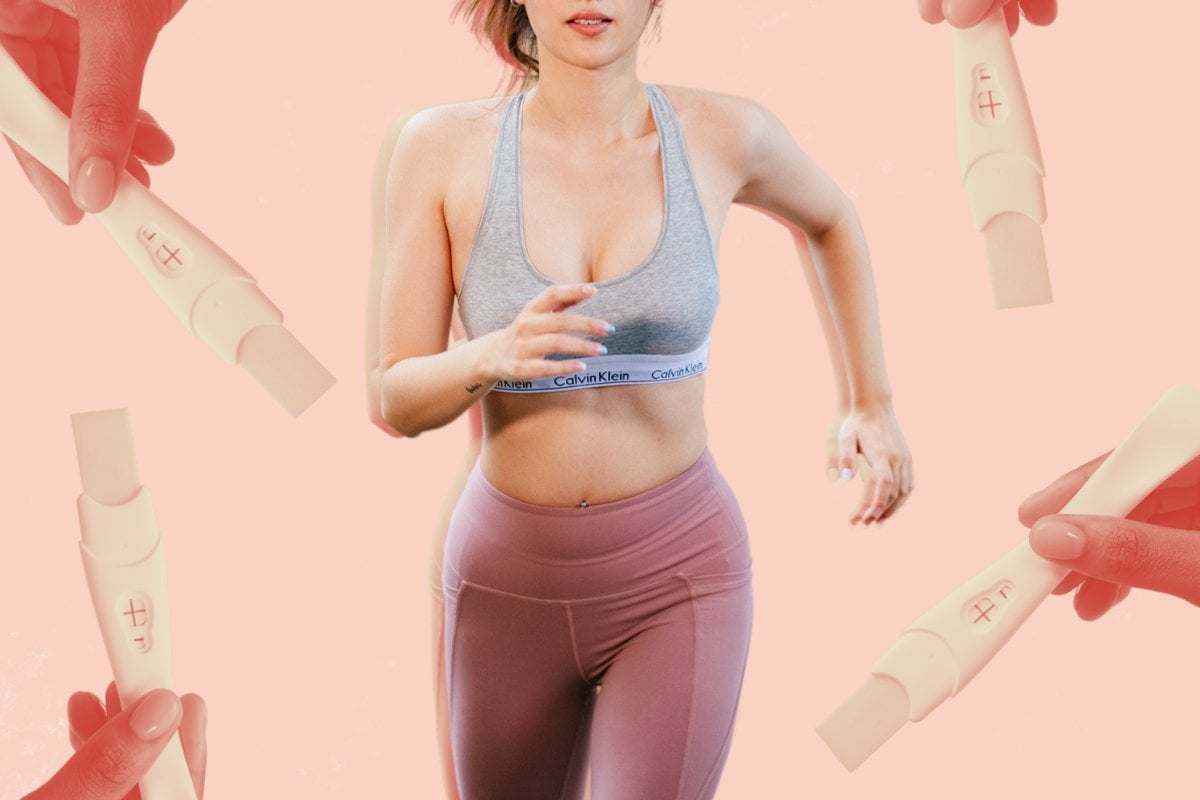
This post deals with eating disorders and exercise addiction and might be triggering for some readers.
My obsession with distance running began when I was 11 and continued into my 30s.
My period became irregular in my late 20s, and by the time I was 31 it had vanished.
The technical term for your periods stopping is amenorrhea, and a common cause for this is Relative Energy Deficiency Syndrome (RED-S). RED-S occurs when there’s an imbalance between a person’s energy input and energy output - this results in less energy to support normal physiological functioning, like menstruation.
I was a decent enough club runner, but I wasn’t born with the natural lean physique of athletes like Paula Radcliffe or Kerryn McCann. I used to stand on the start-line of races and compare myself to the bony structures of many of my competitors and berate myself. Throw in a few well-intentioned comments ("You would run so much faster if you were a bit lighter") and an unhealthy relationship with food emerged.
While I never starved myself - and in fact, I probably ate more than the average young woman - I wasn’t providing my body with adequate calories to run up to 120kms per week.
I started to lose weight and began getting compliments about ‘how fit’ I was looking. I was running reasonably well, but probably not much faster than when I was a few kilograms heavier. I was tired all the time and missed a number of marathons I had trained hard for, as I was trapped in a cycle of injuries. I didn’t consider backing off - I reasoned that plenty of the female friends I ran with were doing similar kilometres, and I relished the challenge of restricting my evening meals, waking up sore and tired and forcing myself out the door for a run.
I always wanted children. I used to think that all I would need to do was back off exercising when I was ready to start trying for a baby, and my menstrual cycle would kick back in. How wrong I was.


Top Comments